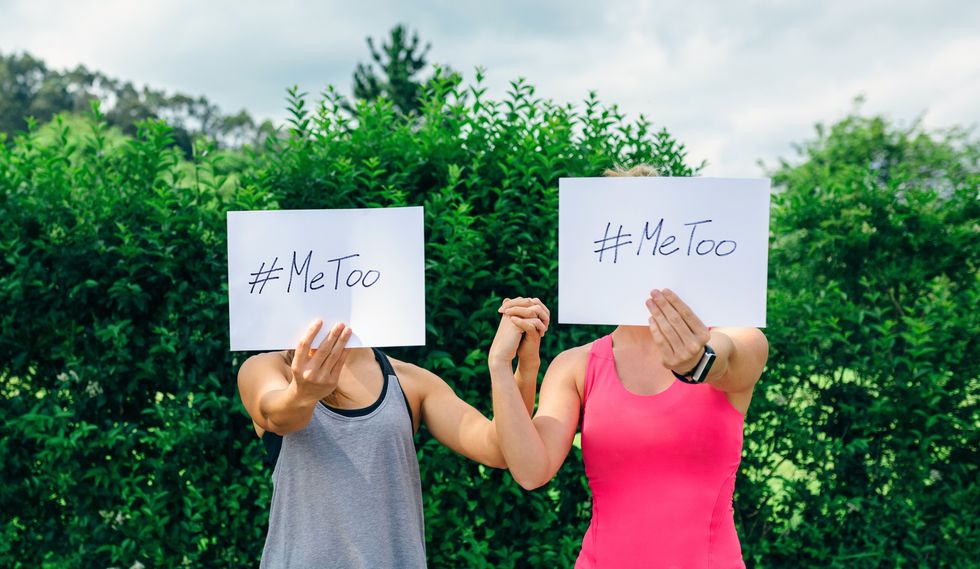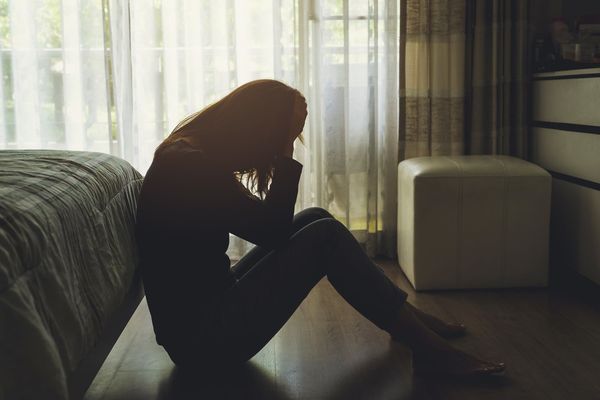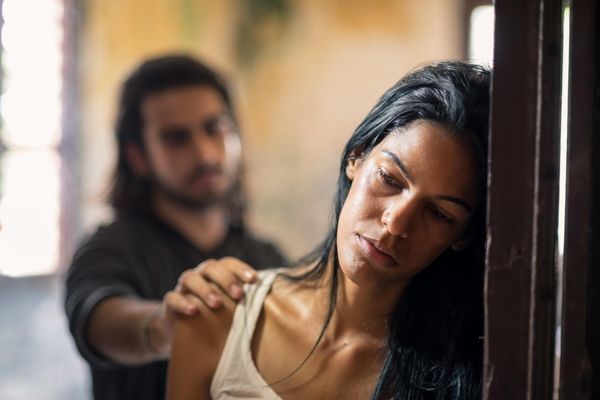The meteoric rise of the #MeToo Movement is fueling an important discussion around the prevalence of violence and discrimination against women across ages, ethnicities, intimate relationships, and career sectors.
But as #MeToo continues to build awareness—1 in 6 American women will experience sexual trauma in their lifetime—it also opens the door for a deeper look at the lasting health effects of trauma in women.
For although post-traumatic stress disorder (PTSD) and variations of the term are typically associated with active-duty servicemembers and veterans—and thus seen as a condition that predominately affects males—women are twice as likely to develop PTSD as men.
READ: PTSD and Sexual Harassment
A 2016 content analysis of The New York Times’ articles between 1980-2015 by researchers from Drexel University shows how the media portrays PTSD as a public health issue: They found that approximately 51 percent of PTSD-related articles focused on military populations versus 8.7 percent on sexual assault. Further, only 9.1 percent of articles mentioned treatment options.
If women’s lived experiences continue to be underrepresented in our public health discussions around trauma, then disparities in recognition, diagnoses and treatment will continue to impede progress in women’s overall health.
Although there has been some research exploring sex differences in PTSD, we still understand very little about why trauma manifests itself differently in females and males. Understanding these differences can be determining factors that lead to proper diagnosis and treatment.
For example, symptomatology and length of symptoms can vary between sexes, which can include an increased risk for women feeling emotionless, depressed, or anxious. These feelings can last on average up to four years for women versus one year in men. Additionally, symptoms related to a traumatic event can appear within three months or be delayed for several months or years. The delay of onset can make it increasingly challenging to connect the symptoms with the past trauma.
As we work toward a comprehensive dialogue of women who experience trauma, we need to acknowledge the high rates of co-occurring mental health and physical health conditions that impact treatment protocols.
For example, PTSD is associated with an increased risk of experiencing other mental health conditions, in particular depression. The interplay of co-occurring conditions can influence the ability to use important personal and social resources—and ultimately, dictate access to timely and appropriate care. For women impacted by intimate partner violence (IPV), there is consistent evidence that IPV is associated with a range of chronic health conditions and more than twice as likely to report a disability versus women who have never experienced IPV.
Recognizing the prevalence of women and their experiences with trauma is not enough. We need to address the #MeToo Movement as a public health crisis.
Policy change within the workplace and the development of confidential and effective reporting systems are important tools to address misconduct and impede the development of unhealthy and traumatic environments. However, we need to be there for the women that have already been traumatized and living with their trauma. We need to validate a woman’s experience through the availability of trained health care professionals that can ask the right questions, properly diagnose, and assign a course of treatment that takes into consideration the individuality of a woman’s trauma.
Bottom line: Women deserve to be heard and the #MeToo Movement has turned up the volume. Now we need the rest of the country to listen as well.
Phyllis E. Greenberger, MSW, is Senior Vice President of Science & Health Policy for HealthyWomen. Previously, she was the President and CEO of the Society for Women's Health Research (SWHR), a national nonprofit organization widely recognized as the thought leader in women's health research.







